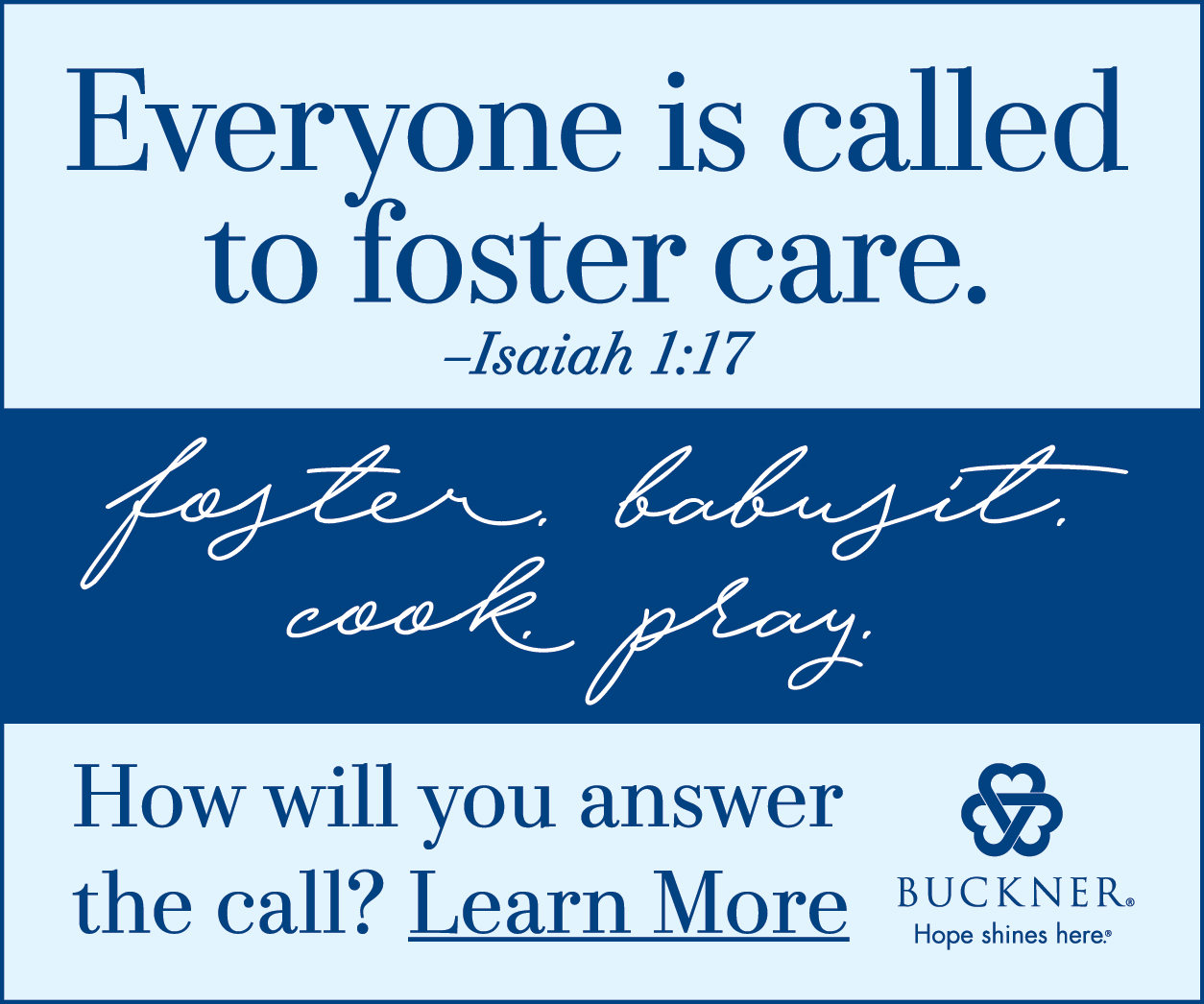Here’s a nomination for the most interesting question of the month: “Is Francis too radical for the flock?”
That question dominates a fascinating essay by Michael D’Antonio, a Pulitzer Prize-winning journalist and author, in the latest edition of Foreign Policy magazine. Religion News Service referenced the question, as did dozens of websites and newspapers.
Pope Francis started piquing curiosity—not to mention raising hackles—moments after his election to lead the Roman Catholic Church. He emphasized Christians’ responsibility to imitate Jesus by caring for the poor and disenfranchised. He buttressed that theme with his simple lifestyle and proclivity for reaching out to the dispossessed, disabled and diseased.
 Editor Marv KnoxMost recently, in an impromptu conversation with reporters, he expressed a nonjudgmental attitude toward priests with homosexual orientation.
Editor Marv KnoxMost recently, in an impromptu conversation with reporters, he expressed a nonjudgmental attitude toward priests with homosexual orientation.
D’Antonio’s essay explores the consequential question—whether Francis risks alienating conservative Catholics, who reveled in the rightward papacies of John Paul II and Benedict XVI.
And that raises a practical question: What is the duty of spiritual leaders?
Churches have become so complex—and even businessy—we often forget the primary task of spiritual leaders is “to equip (Jesus’) people for works of service, so that the body of Christ may be built up until we all reach unity in the faith and in the knowledge of the Son of God and become mature, attaining to the whole measure of the fullness of Christ” (Ephesians 4:12-13).
Spiritual leaders are responsible for training and guiding Christians so they reflect Jesus. This will result in serving others, strengthening the church and attaining faithful unity.
Tough Duty
Sign up for our weekly edition and get all our headlines in your inbox on Thursdays
That’s tough duty in an era when churches—and worldviews—often are shaped more by the prevailing culture than by the gospel. Ironically, while many church-attenders complain about declining moral values (usually having to do with sex), they embrace moral values far below those of Jesus (usually having to do with economic justice and care for the poor).
Unfortunately, following the teachings and practice of Jesus looks “radical,” to use D’Atonio’s term. It runs counter to American middle class capitalistic values, which most church members equate with Christianity.
So, pastors and other would-be Christian leaders face a dilemma: If you’re out front but nobody is following, you’re not leading. That fact seems to inhibit many pastors from teaching lessons about human relationships and economics and justice they know Jesus taught and practiced. They can read their Bibles, and Jesus is unambiguous. But our churches often aren’t on the same page with Jesus.
So, what’s a spiritual leader to do?
• Talk the talk. Too often, church people skip over Scriptures that make them uncomfortable. Or they turn them inside out and spiritualize everything, ignoring the fact Jesus clearly talked about everyday, real-world problems.
Baptists, of all people, should not be afraid to talk about racism, economics, sexuality, hunger, poverty and even politics. We say we believe in the priesthood of all believers. So, we should be believer-priests to one another, and the only way to do that is by talking civilly, honestly and constructively.
• Walk the walk. The most effective sermons are performance art. Sure, structured speeches on Sunday mornings are helpful and important. But the best way to make certain people hear a sermon is to show them. That means integrating teachings about economics, justice, race and the like into daily living—both personally and with others who also know Jesus meant what he said.
Applied Christianity bears at least two kinds of fruit. First, acts of ministry and grace change the people directly involved—both the givers and receivers. And second, people prone to argue about abstract interpretations of Scripture grow tongue-tied arguing with the results of lived-out gospel.
• Take courage. While the pope has a job for life, pastors and other ministers can be fired. So, fear and intimidation are powerful. But ultimately, we answer to God, not other people. If we’re going to be afraid, we should fear facing God after failing to do justice and mercy, not what others may do in the meantime. And through that, we should receive day-to-day courage.
Once, I sat with a pastor and wife who provided remarkable leadership for the cause of justice. They gently but persistently guided their congregation—in both word and deed—to embrace Jesus’ values. “Wow, you spent quite a bit of political capital to lead your church to do this,” I told them. They looked at me incredulously, and I don’t remember who spoke first, but their response was: “Well, what’s it for if you don’t use it?”
We need more Christian leaders like that. We need leaders—pastors and laity alike—brave enough to live like Jesus and to advocate for the things that broke Jesus’ heart.
That’s not “radical.” It’s simply Christian.















We seek to connect God’s story and God’s people around the world. To learn more about God’s story, click here.
Send comments and feedback to Eric Black, our editor. For comments to be published, please specify “letter to the editor.” Maximum length for publication is 300 words.